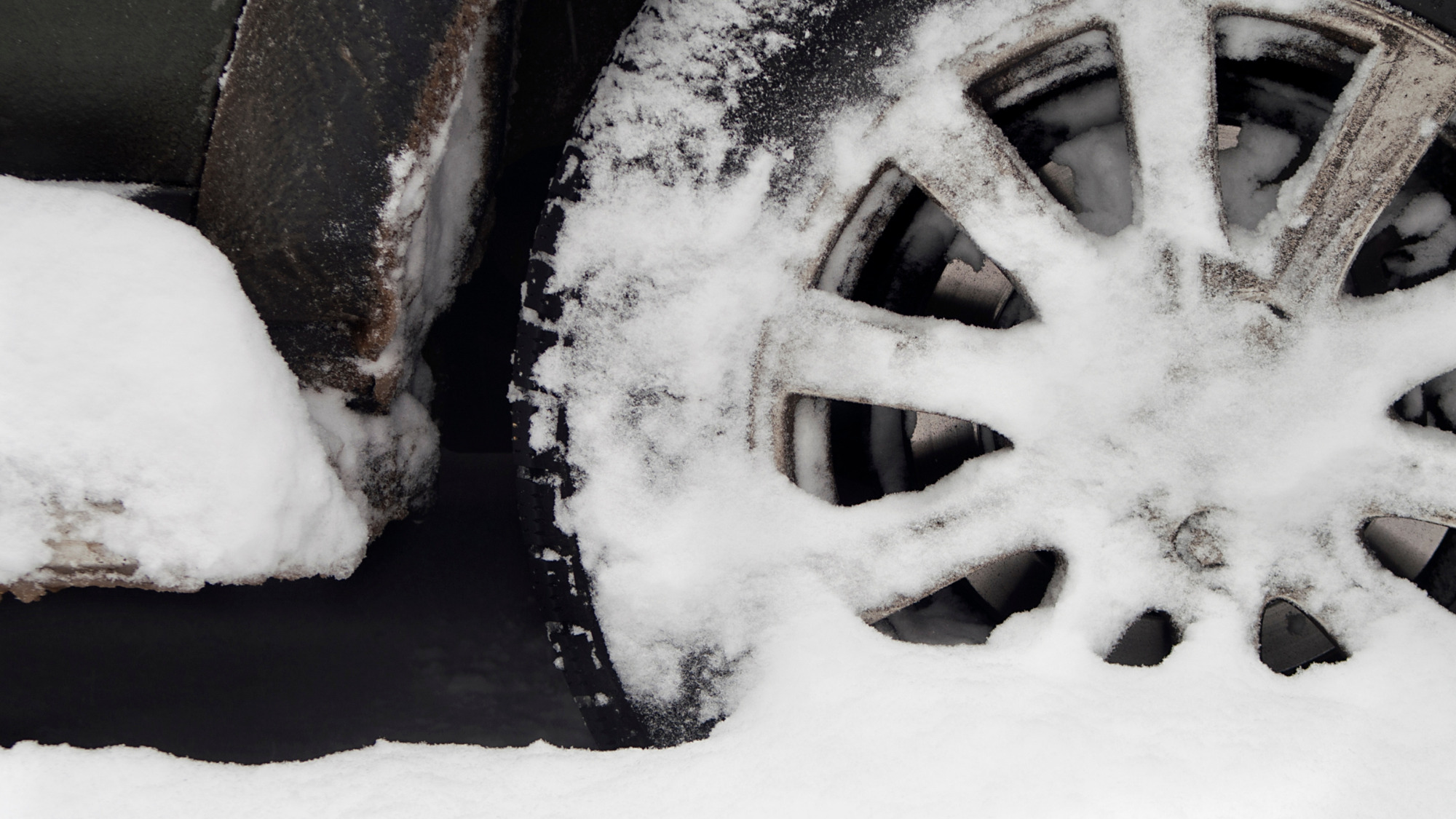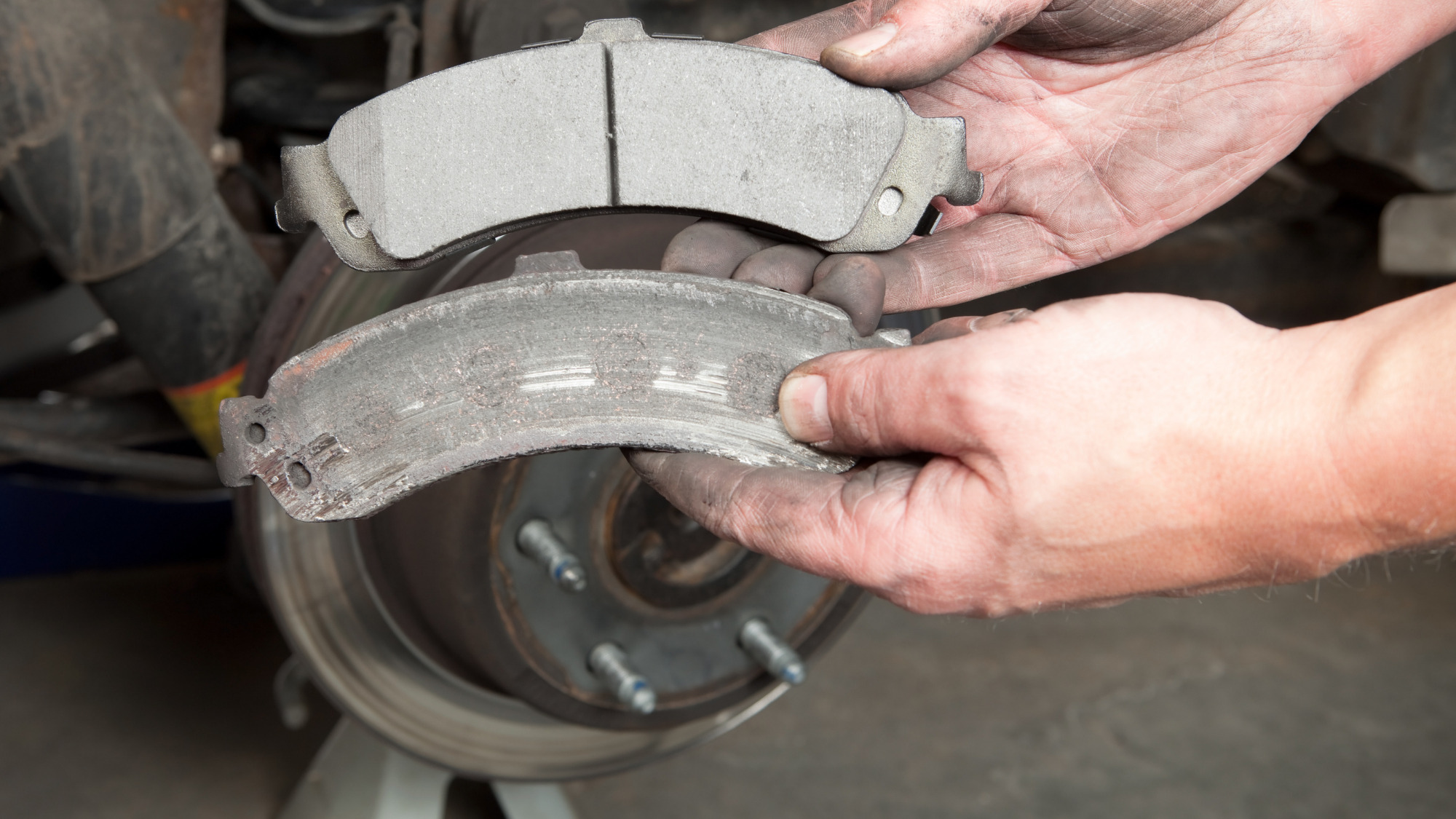Maintaining Your Brakes in the Winter

Winter driving conditions taking a toll on your vehicle is a common occurrence living in Canada. The north can sometimes be unforgiving. It's important to understand the parts of your vehicle being affected by this type of weather because there are a few things you need to ensure to maximize your driving safety. At the top of the list is maintaining your brakes in the winter.
Does Snow Impact Car Brake Systems?
Brakes can often fly under the radar. Although cold weather will not directly affect them, a number of cold weather factors do have an influence on the operation of your brakes in the winter.
Most common cold weather factors impacting car brakes in the winter:
Understanding these factors will help to keep you safe all winter long.
Overuse of Car Brakes Causes Wear
Slipping and sliding your way down snowy, slush-filled, roads and highways is usually compensated by the overuse of brakes. Meaning that you are very likely to pump the brakes or have your foot hover over them more often. Snow and water cause you to use more pressure on the brakes than average when driving. That happens because they can act as a lubricant. Sliding vehicles also make your brakes work overtime, leading to a buildup of heat and friction that can lead to quicker wear and tear of your brake pads.
Now other factors can cause your brakes to become worn out. Specifically, how aggressively you drive. So, while you’re out on the roads this winter, pay attention to any squeaky, grinding, or unusual noises from your brakes. If you hear anything, we recommend you book a Brake System Diagnosis & Quotation with LubeVan. In under 30 minutes, at an address of your choice, we will inspect your brakes and explain the course of action needed for $59.
Snow & Slush Means Rusty Car Brakes
Once you get from point A to point B, the snow and slush that your vehicle accumulated quickly becomes water, which remains on your brake components. This happens every time you take a trip somewhere regardless of how long or quick the drive was. The water left on your brakes is a major contribution towards the rusting of your brakes and their components.
The salt on the roads is also a contributing factor. When driving around on freshly salted roads, the salt can kick up and rest in the undercarriage, aiding in the rusting of your vehicle. The key to avoiding the rushed process of rusting is keeping it clean, and regularly washing your vehicle every few weeks.
Surface rust in most cases is inevitable, if you notice weird sounds, a stiff pedal, or loss of power, we recommend you book a Brake System Diagnosis & Quotation with LubeVan. In under 30 minutes, at an address of your choice, we will inspect your brakes and explain the course of action needed for $59.
Brake Lines & Cold Weather
Brake fluid is designed to survive the worst of the worst. It stays in a liquid state until about -40°F. Despite this, the quality of your vehicle's brake fluid may work against it’s ‘freeze proof’ attributes. Constant exposure to the elements can lead to brake lines becoming weak and cracked, leading to water among other things seeping into the lines. When getting a brake service done by LubeVan, we make sure to check for anything wrong within your vehicle, because we understand that the possibilities are endless.
Keep Your Car Brakes Working All Winter!

In the long run, ensuring your brakes are working as efficiently as possible is a must. This requires regular inspections and routine maintenance on your vehicle's brake system. At LubeVan, we keep your best interest in mind, working closely with each customer to ensure their needs are met.
We bring the garage to you, making your life less stressful one service at a time.

